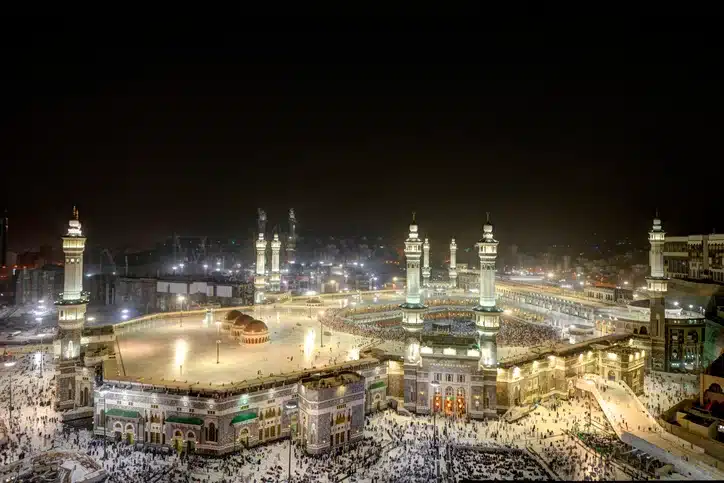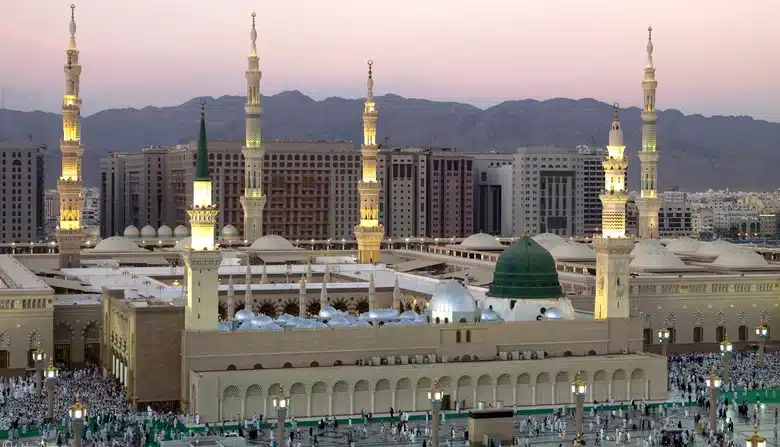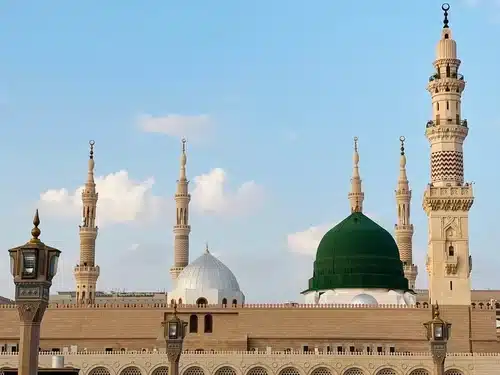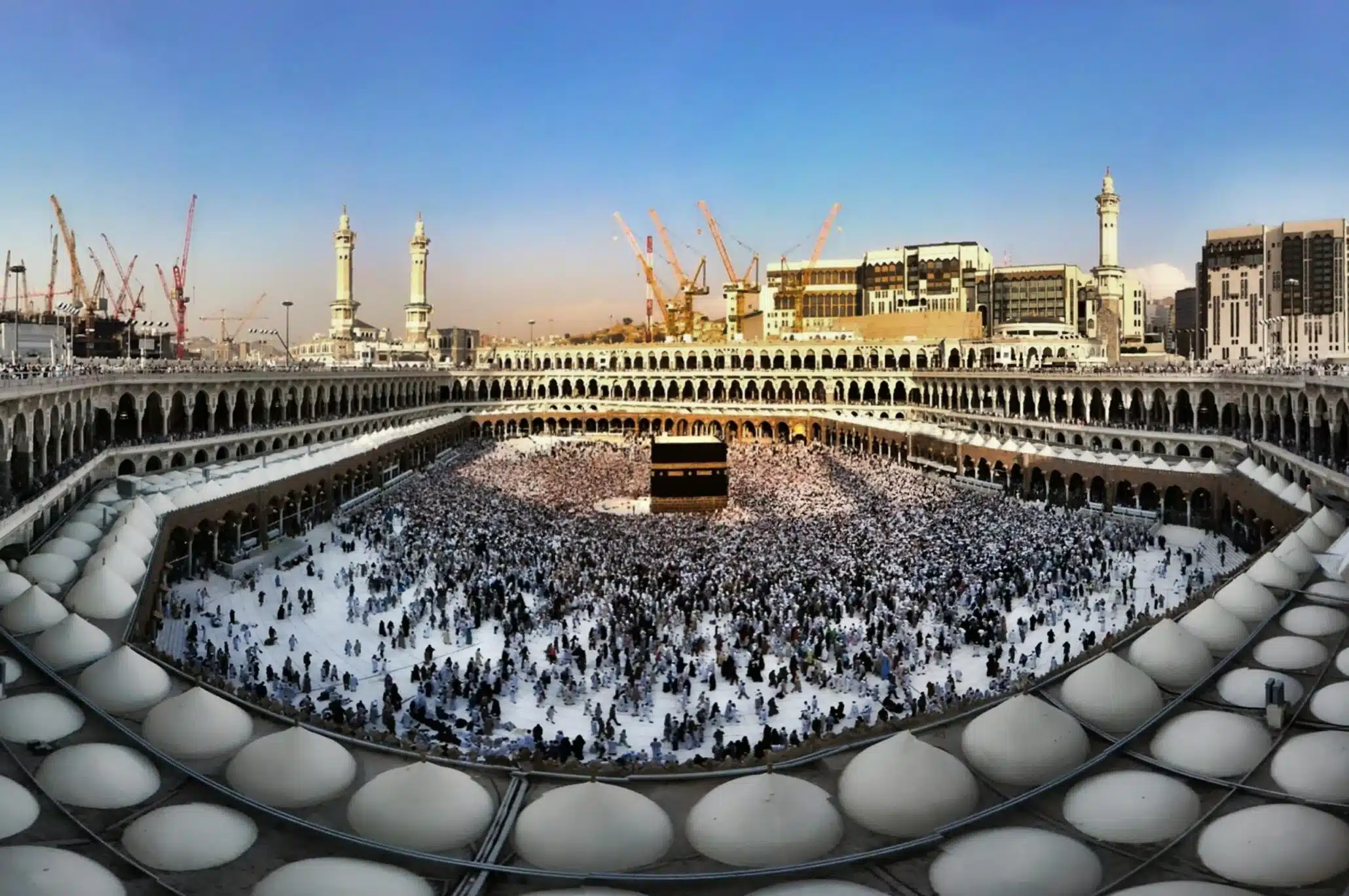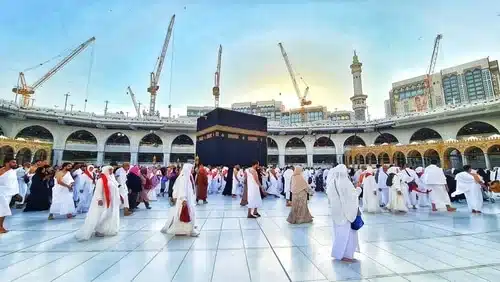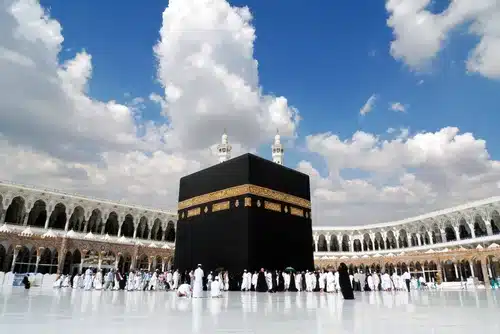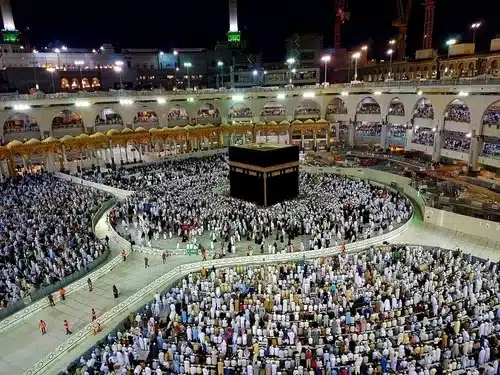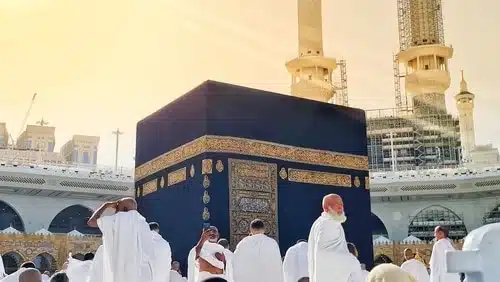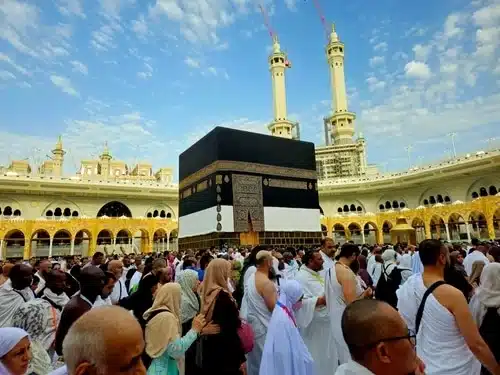Some Amazing Photos from the Hajj 1953
Hook a sight of how it was identical to do the Hajj 1953. However this was only impartial above 60 years ago, a ration has altered mostly owing to the rise in the amount of Hajjis going to do the Hajj 1953.
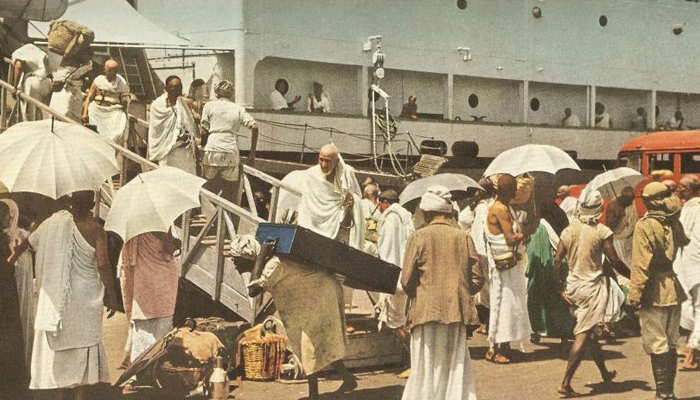
Numerous pilgrims would travel to Makkah via a ferryboat or a boat, in those days profitable air travel was quiet in its initial phases then it was not as extensively obtainable as it is now.
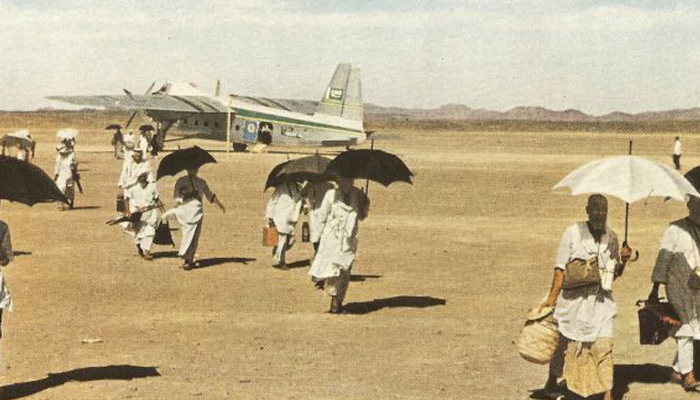
On behalf of those folks who might have enough money, they would board on their trip on panel minor airplanes from close states.
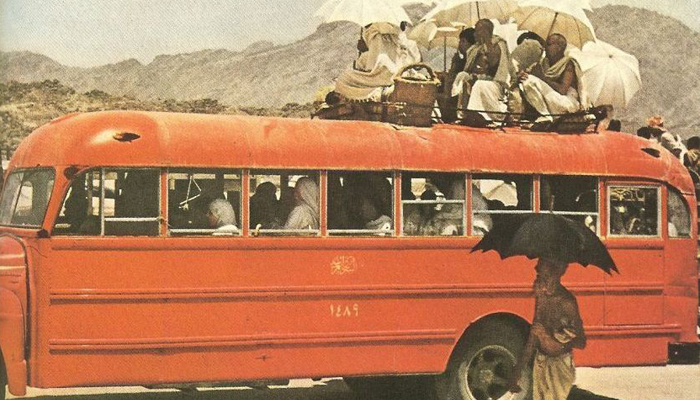
Similar now, instructors and automobiles would remain castoff to conveyance Hajjis from place to place.
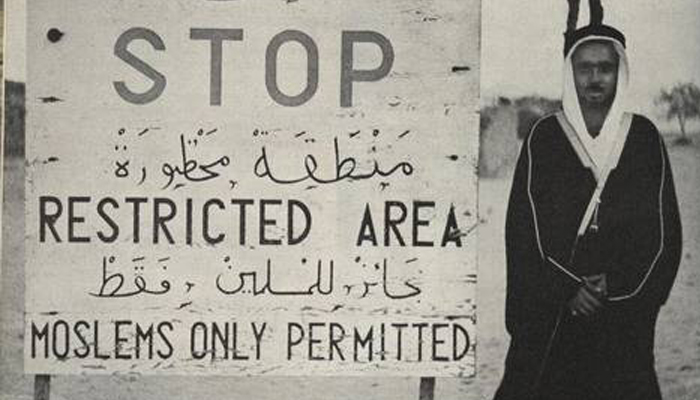
Muslims are only permitted to come in the Makkah to do Hajj.
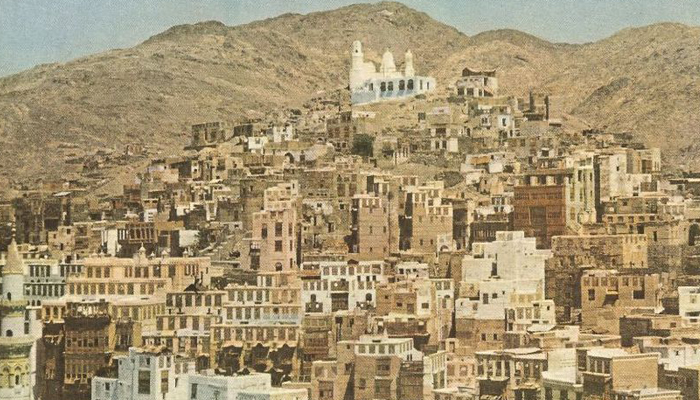
Homes and guesthouses can be gotten external of the holy mosque’s edge. Abundant of these historic houses have consumed to be destroyed to create way for the mosque’s development.
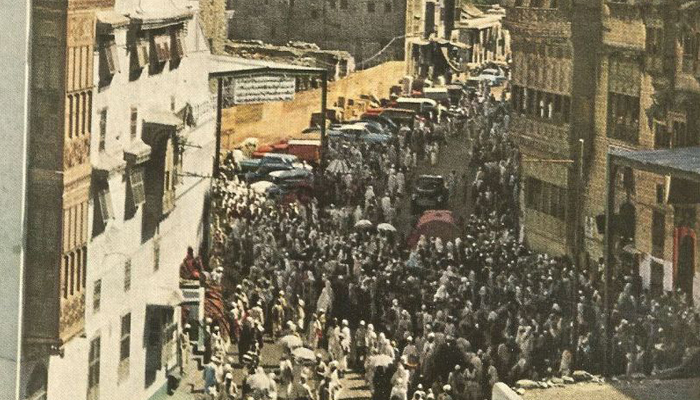
A full of activity road in Makkah. Old school cars can be seen.
[adinserter block=”2″]
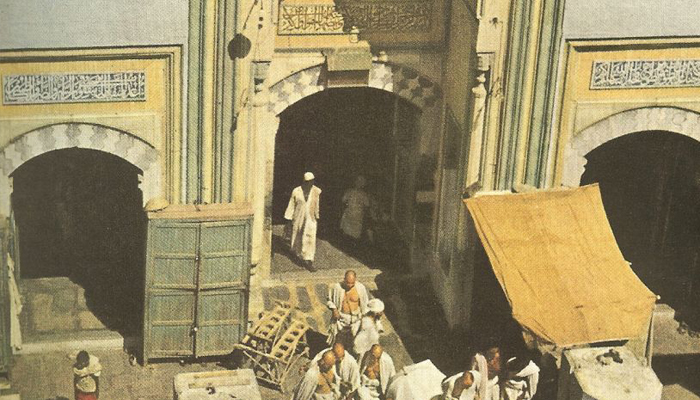
One of the door to the Masjid Al Haram in 1953.
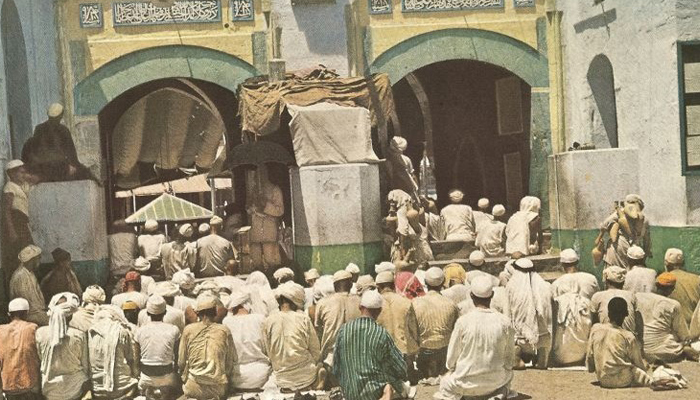
Some Flocks are praying Outdoor the Mosque’s entering.
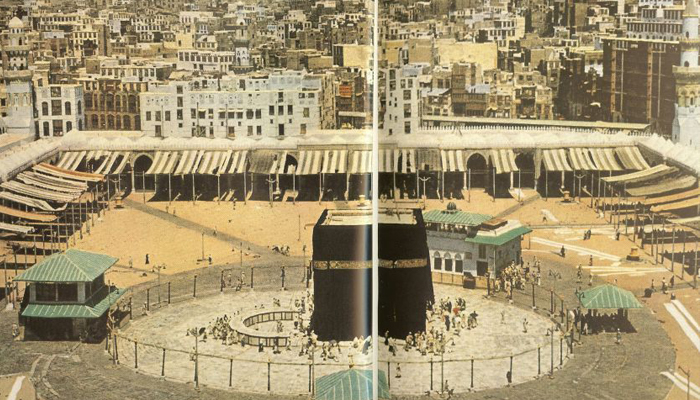
The Ka’ba and the Mataf range. There were no other floorings back then.
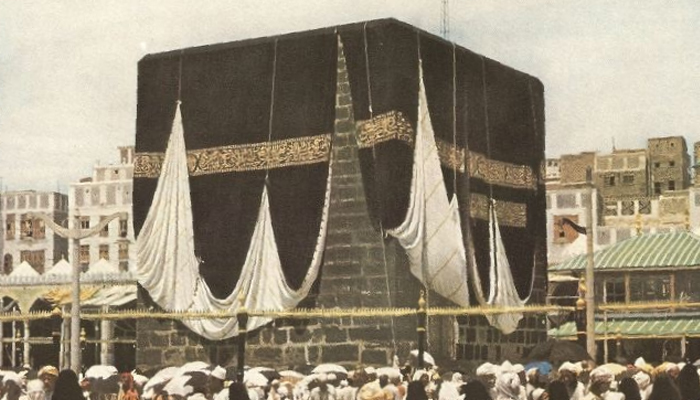
A near up sight of the Ka’ba.
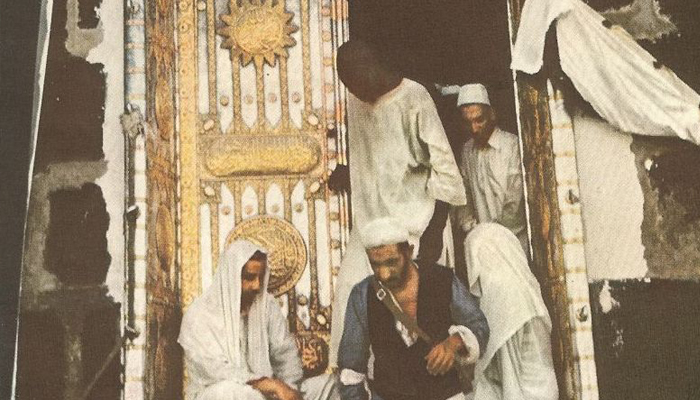
Flocks were capable to go into the Ka’ba.
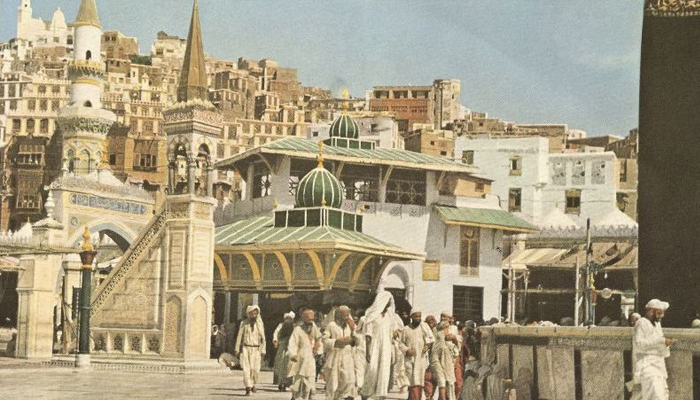
Execution Tawaf was relaxed as it was not as packed as it is today.
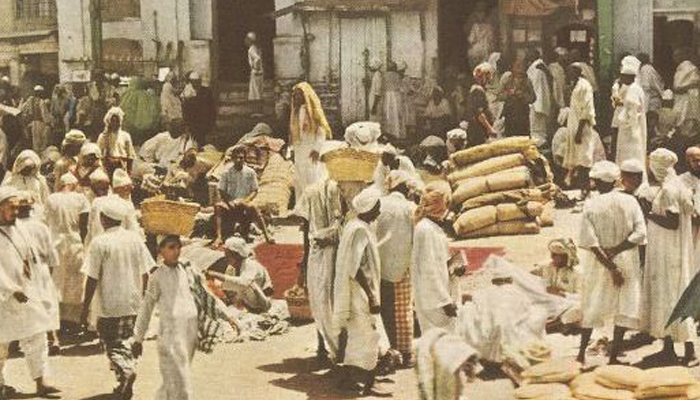
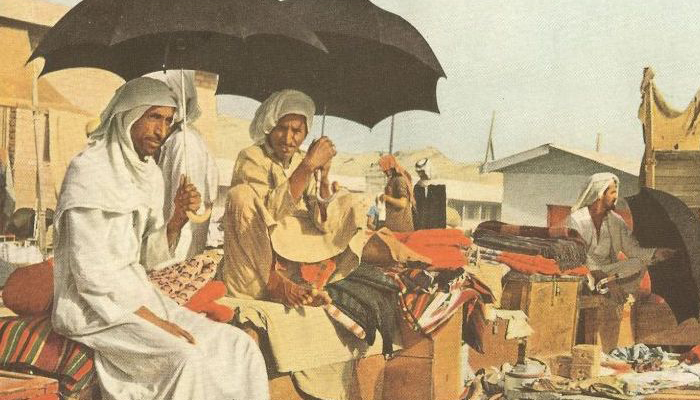
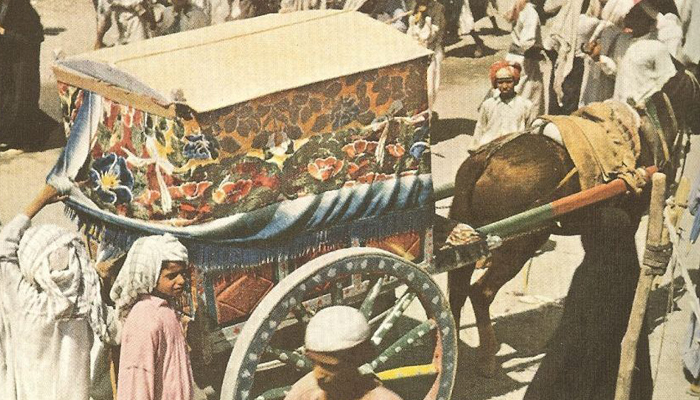
Horse and carriage were castoff as a means of conveyance.
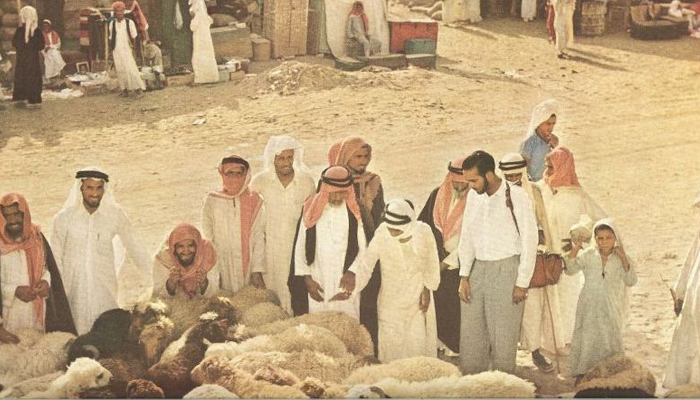
Hajjis were capable to select the animals they needed for Udhiyyah/Qurbani.
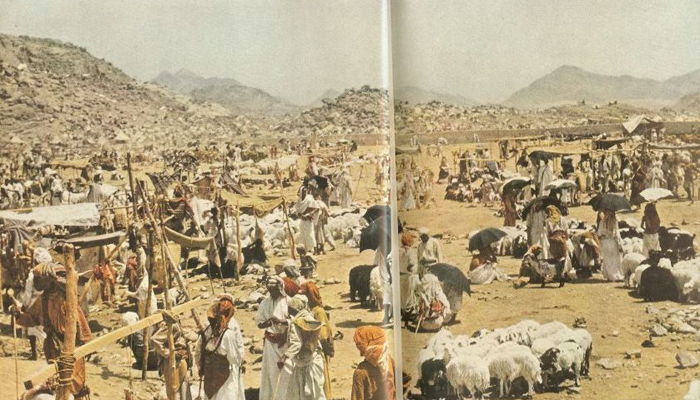
Hajis would retain their stocks with them throughout their Hajj.
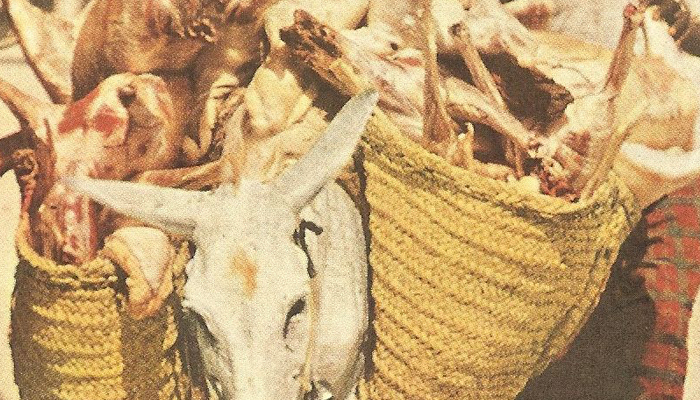
Donkeys were castoff to conveyance corpses of sacrificial animals.
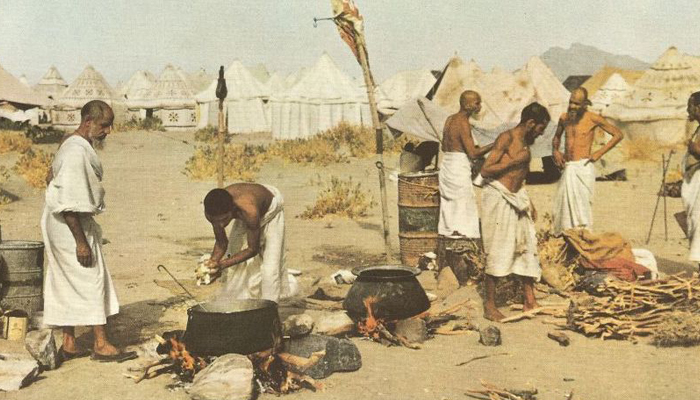
In Mina, foodstuff would be baked by fire and cook-top.
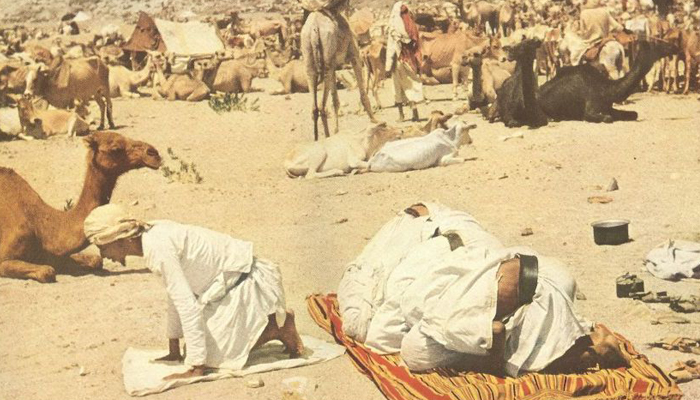
Hajjis pray nearby their camels.
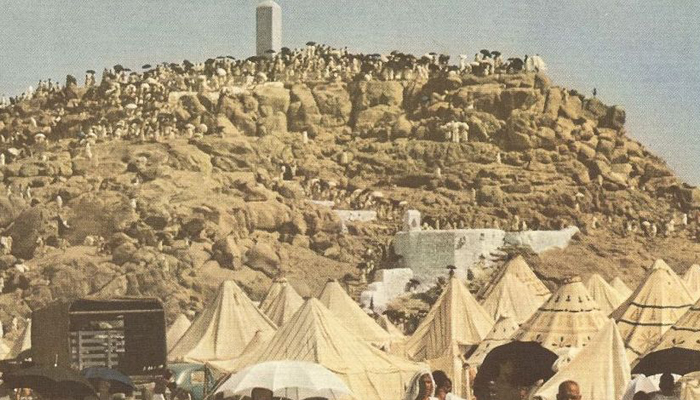
Shelters can be seen slanting in Arafah following to mount Arafah.
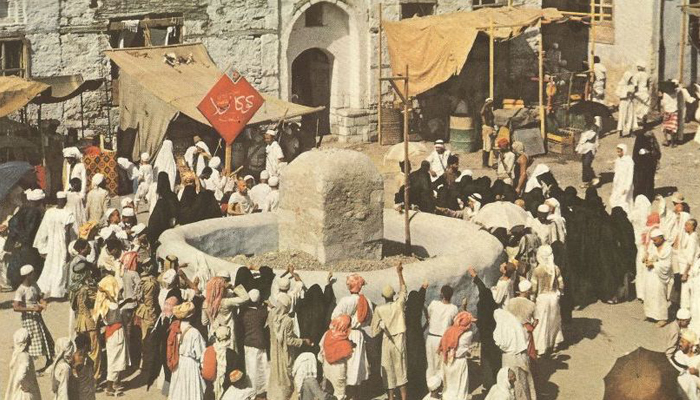
The Jamarat castoff to be minor pillars which would be drugged symbolizing stoning of the devil.
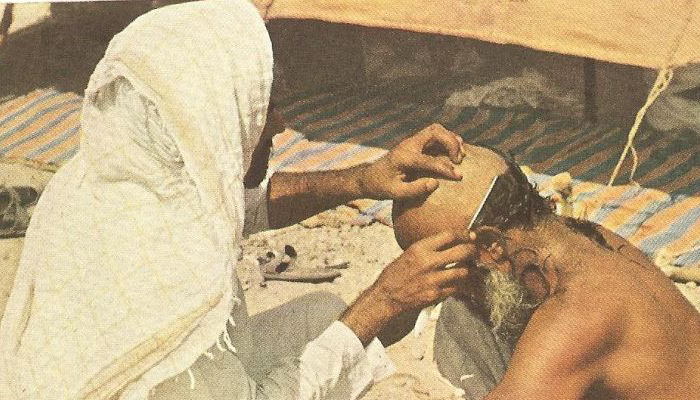
A hajji has his hair clean.
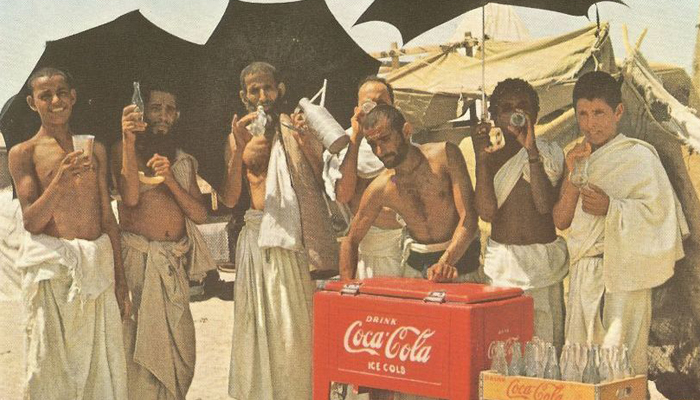
Hajjis retain themselves cool and cam by drinking icy carbonated drinks.
Photographs courtesy of the National Geographic Magazine






